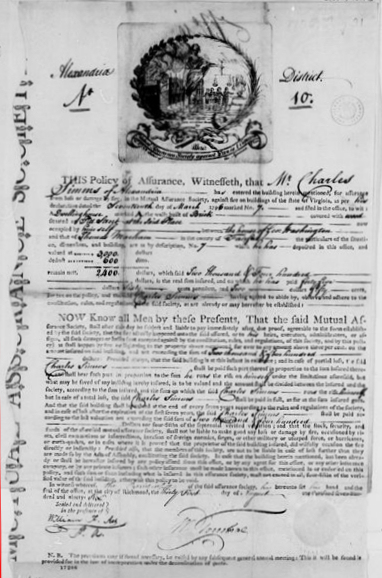In the digital age, your online presence isn’t just a part of your life—it’s your legacy. From family photos stored in the cloud to valuable cryptocurrency, our ‘digital selves’ have assets worth protecting and passing down. But how? Estate planning in the digital era is a complex, yet vital, undertaking. Whether you’re posting on social media or making significant investments online, understanding how digital assets are handled in the event of illness or after death is a critical component of modern financial planning.
Here’s a walkthrough of key considerations for safeguarding your digital footprint, ensuring that your online assets are not only secure during your life but also transition seamlessly to your loved ones.
Inventory Your Digital Footprint
Before you can protect your digital assets, you need to assess what you have. Your digital estate could include:
- Financial accounts (bank, investments, and cryptocurrency)
- Intellectual property (websites, domains, and copyrighted materials)
- Personal content (social media, photos, videos, and emails)
- Business-related assets (online storefronts and intellectual property)
- Subscriptions and loyalty points
Create a detailed inventory of all your online accounts with explicit instructions on how they should be handled.
Understand Digital Asset Laws
Digital assets are a relatively new part of estate law. Most legislation is playing catch-up to the rapidly evolving nature of the internet, but some legal frameworks are in place. Your understanding of digital asset laws, which differ from state to state, can help you to plan more effectively.
Appoint a Digital Executor
Just as you would appoint an executor for your tangible assets, consider a digital executor to manage your digital estate. This person will ensure your wishes, as detailed in your will, are carried out. Be sure to choose someone tech-savvy who understands the value and nature of digital assets.
Secure Your Online Information
Security is crucial for your digital assets. Strong, unique passwords and multi-factor authentication can prevent unauthorized access. Utilize password managers for a secure record of account information and regularly update your security measures.
Include Digital Assets in Your Will
Your will is the most direct method for managing your financial and personal affairs—which now includes digital assets. A clear will can help avoid legal disputes and ensure your online legacy is passed down according to your wishes.
Plan for Continuity
Set up a plan for your digital assets to provide continuous support to your loved ones. This includes having a system in place for them to obtain access to your accounts and ensuring your digital executor is included as part of your estate planning team.
Communicate Your Wishes
Being transparent about your plans with family members is essential. Share who your digital executor is, where your list of online accounts and passwords can be found, and your express wishes for your digital legacy. Open communication can prevent confusion and ease the process for your loved ones.
Review and Update Your Plan
Technology and the digital landscape are always changing. Ensure that you review and update your digital estate plan regularly to reflect changes in assets, passwords, or relevant laws.
Use Advanced Directives
If you become incapacitated, advanced directives can grant trusted individuals the authority to manage your digital assets. A power of attorney and a living will can provide direction for your care, both offline and online.
Consider the Technicalities
Many online platforms have specific procedures for handling accounts after the user’s death. Familiarize yourself with terms of service and account policy to ensure your digital executor can comply with account closure or asset transfer requirements.
In summary, the digital age demands a new paradigm for estate planning—one that includes the vast array of digital assets we accumulate over a lifetime. By following these steps, you can ensure that you protect and pass on personal and financial elements of your online life, just like you would with your material possessions. Remember, our online legacies are a significant part of our overall estate, and taking steps now will help secure them for the future.
Image Credit: Image Created with Bing A.I.





